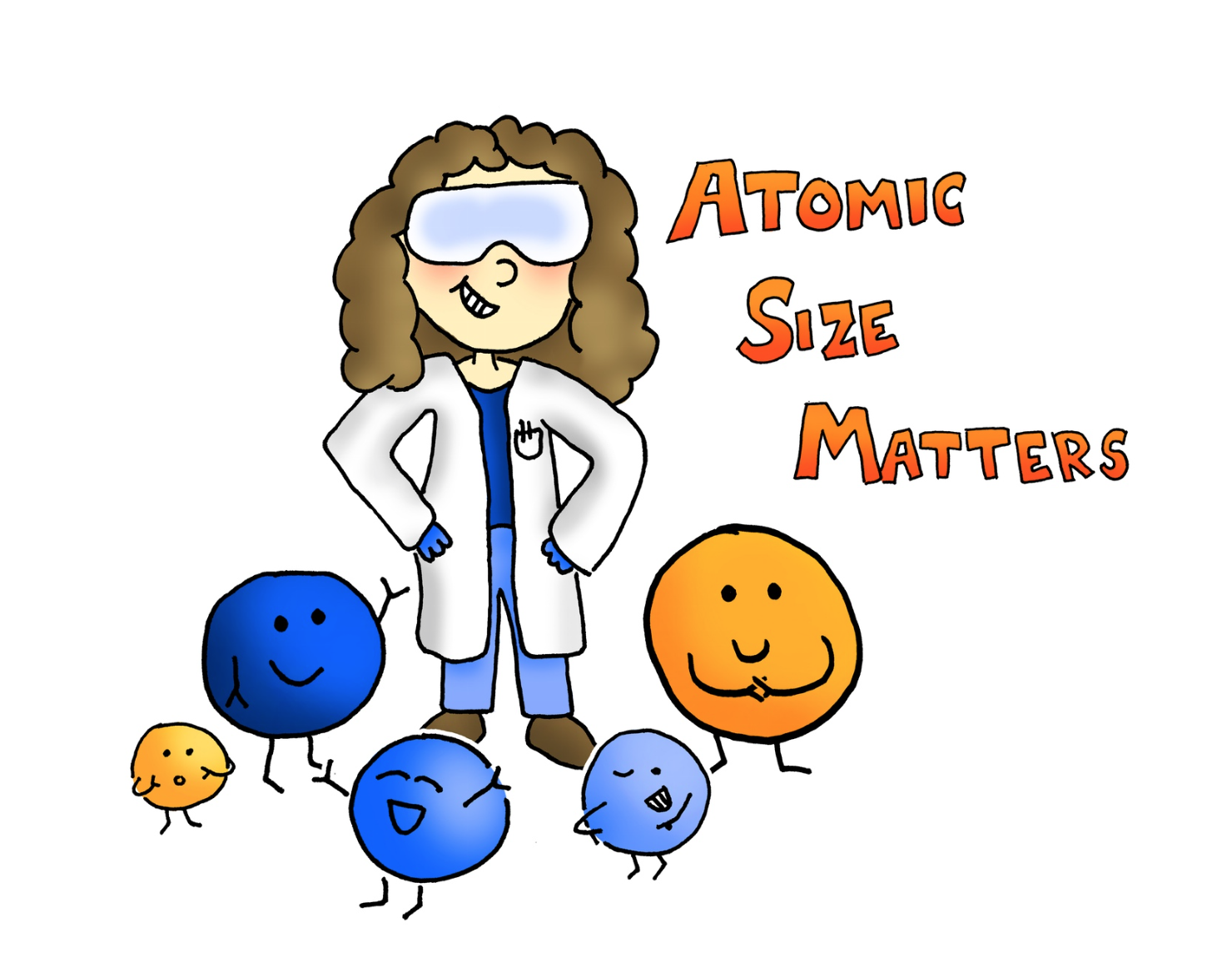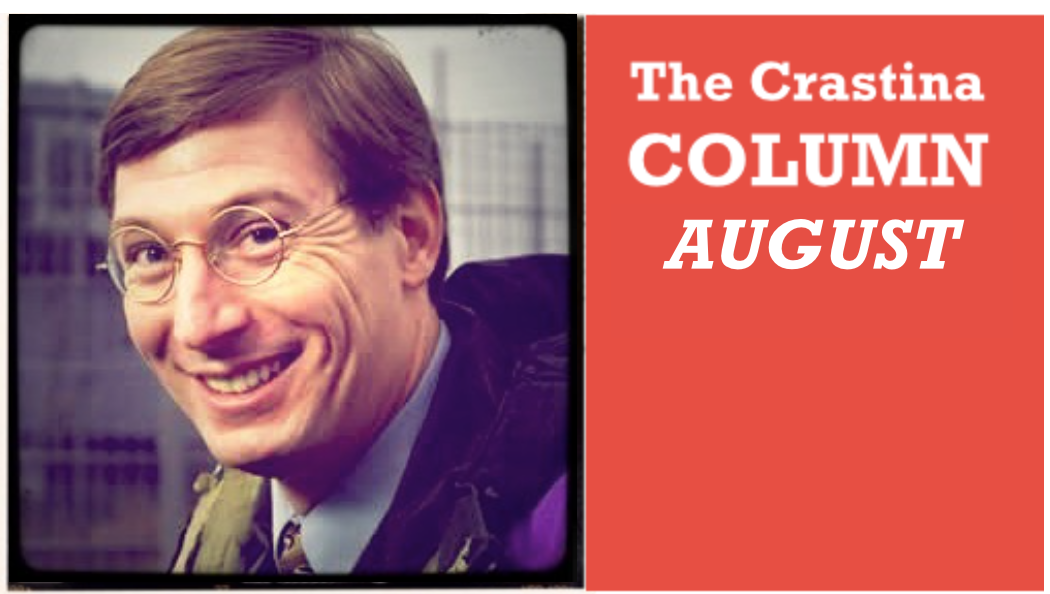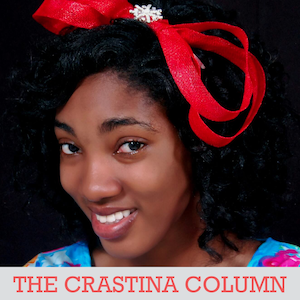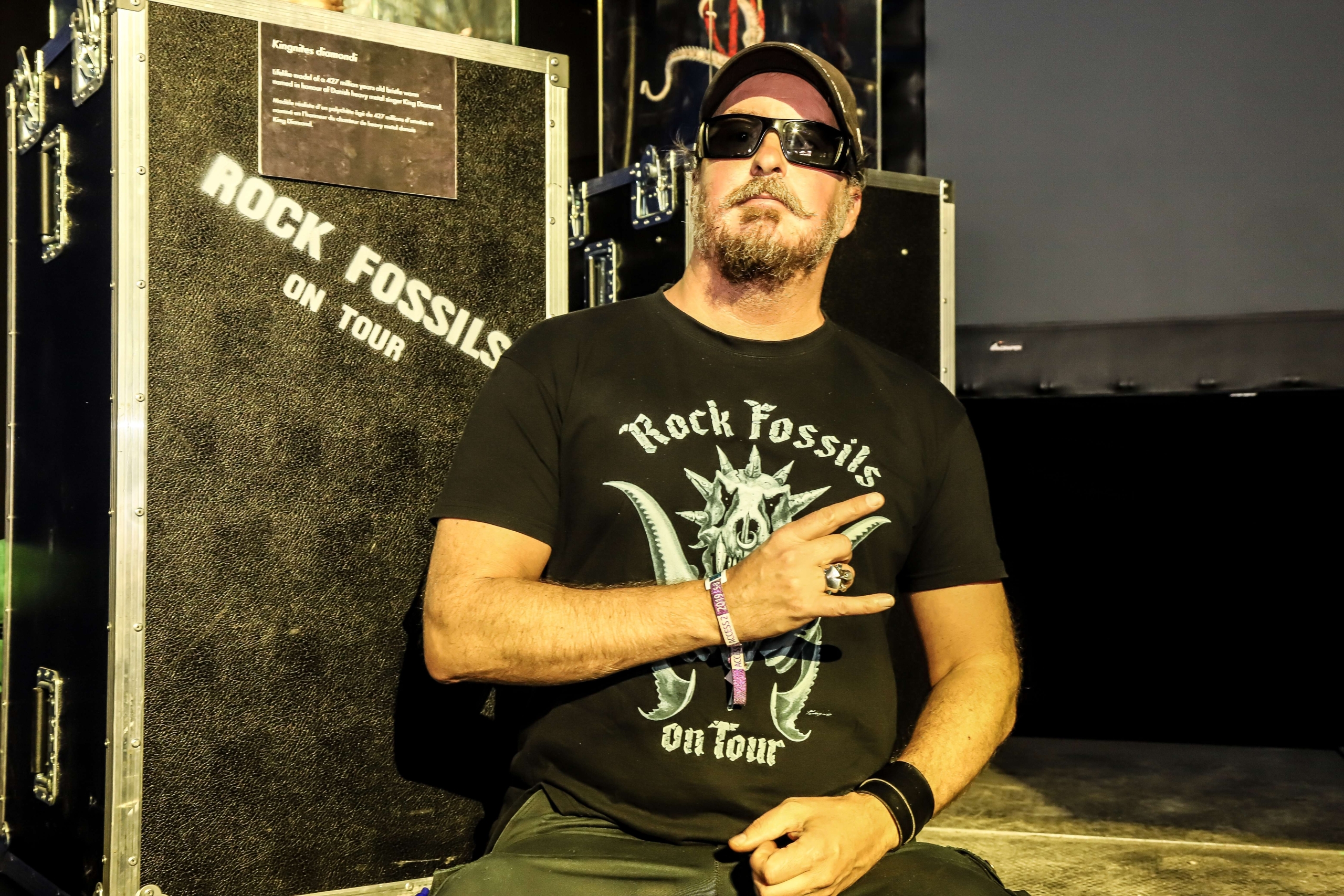Crastina is a platform for the exchange of experience, knowledge and inspiration regarding both scientific peer-to-peer communication and science dissemination
- What? An international network of (mostly young) people who love to communicate science & tech.
- Why? We think science needs to be communicated with more passion and professionalism.
- Where? On our website with interviews & resources + on social media + on Skype and IRL.
- Who? A content group (the Crew), a think tank (the Academy), + lots of friends & contacts.
- When? Right now – as a matter of fact, we’ve just geared up.

Atomic Size Matters–a doctoral thesis in comic book format
Atomic Size Matters (probably) represents the first doctoral thesis ever which is presented in a special comic book version. Veronica Berns, structural chemist from University of Wisconsin-Madison, wanted to make sure that her family and friends understood her research about quasicrystals.

The Slow Death of the University Seminar (David Schultz, August 2015)
Online communication becomes more and more intense, but it seems that we spend less and less time in the same room. David Schultz, Professor of Synoptic Meteorology at the University of Manchester, mourns the slow death of the traditional university seminar.

Anna Ajduk, brain circulator: “One of the key words in present-day science is networking”
Anna Ajduk, reproductive biologist, decided to move back to Poland after some very successful years in the UK. Forming her own research group at the University of Warsaw, she represents the professional repatriation movement which has been referred to ”brain circulation”.


















